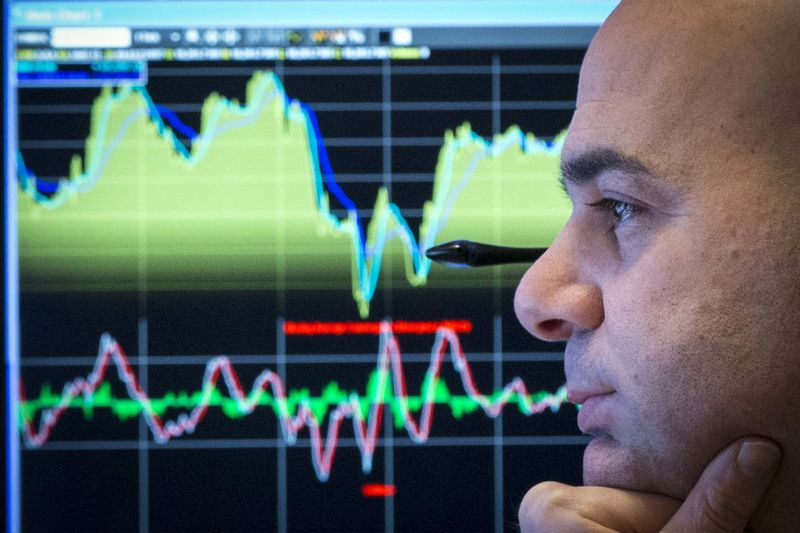Wall St futures flat amid US-China trade jitters; bank earnings in focus
Investing.com -- France’s political turmoil has unsettled markets, but Barclays says the worst of the shock may be over and is advising investors to see recent weakness as a buying opportunity.
Prime Minister François Bayrou faces a confidence vote on September 8, days before key budget negotiations and a nationwide protest planned for September 10.
With both the far-right Rassemblement National and the left-wing New Popular Front set to oppose him, Barclays analysts see little chance of his government surviving.
Should Bayrou fall, the bank considers it most likely that President Emmanuel Macron will appoint a new prime minister from his own camp to carry forward budget work.
This outcome, Barclays argues, would ease political risk after recent spikes. The alternatives, fresh elections or a resignation by Macron, would be more disruptive, though viewed as less probable.
The political uncertainty has already filtered through French markets. The OAT-Bund spread widened to about 80 basis points from 65 basis points earlier in the week, approaching levels last reached during the June 2024 snap election.
Credit default swaps also climbed back near those highs. French equities sold off, with the CAC 40 falling about 3% and Barclays’ domestic basket dropping roughly 7%. On a relative basis, MSCI France’s price-to-earnings ratio is near its lows again.
Barclays outlines three possible paths. If Macron names a new prime minister, the bank expects the OAT-Bund spread to narrow toward 70 basis points, with a small rebound in equities.
New elections could push the spread back to 90 basis points and knock another 2% to 3% off the broader index.
A resignation would mark the most disruptive scenario, likely driving the spread to 100 basis points and sending domestic stocks down by double digits.
Sector performance shows how political stress has hit the domestic economy hardest.
At the current spread of 79 basis points, banks are down 9.2%, construction and materials 8.6%, and insurers 7.6%.
Utilities have lost 6.3%, while industrial transport is off 5.5%. Autos and parts are down 2.3%, and real estate 2.6%. More defensive or internationally oriented areas have fared better, with health care up 0.2% and technology 0.6%.
Barclays calculates that a narrowing of spreads would allow banks to rebound 4.7%, autos 3.2% and technology 2.7%.
A widening to 90 basis points would deepen losses, with banks falling 5.4% and insurers 4%.
At 100 basis points, the impact would be severe: banks down 10.5%, autos 7.1%, and insurers 7.7%.
Domestic names are consistently more vulnerable, while exporters in sectors such as luxury goods are less exposed to local political shocks.
